Crying in H Mart: tears with a side of ink
Photo courtesy of Penguin Random House
Catharsis and kimchi can be found for readers in Michelle Zauner’s book Crying in H-Mart
Crying in H Mart is ineffable. I have never read a book that has made me go from craving Korean food to catharsis-crying in just pages.
Japanese Breakfast indie rockstar Michelle Zauner’s Crying in H Mart is about the people and moments we take for granted. I read the first chapter of this memoir when it was published by The New Yorker as an essay in 2018. To my surprise, I teared up. When I found out that Zauner published a memoir of the same name earlier this year, I did not hesitate to read it; this time, I was prepared with a box of tissues. Written to honor her late mother, Zauner delves into her complex relationship with her mother and highlights how learning to cook Korean cuisine (from mainly Maangchi) has helped her grieve and bridge the gap between her Korean identity and her Korean-American self. The memoir debuted at number two for nonfiction on the New York Times Best Seller list, had everyone raving on for months, and was considered one of the best memoirs in the first half of 2021. The consensus then was that Crying in H Mart is a must-read.
“Food was how my mother expressed her love. No matter how critical or cruel she could seem—constantly pushing me to meet her intractable expectations—I could always feel her affection radiating from the lunches she packed and the meals she prepared for me just the way I liked them.”
The first chapter of Crying in H Mart left a lasting impression on me. To me, H Mart is the grocery store I go to when I run out of Korean snacks like banana milk and honey butter chips. However, to Zauner, H Mart is where the remnants of her Korean heritage live. Seeing the aisle with frozen side dishes reminds her of the taste of her mother’s homemade side dishes. Seeing children running around with snacks reminds her of eating the same snacks with her mother in the car. Seeing grandmas sitting in the food court reminds her of what her mother might have looked like with grey hair. Seeing the beauty counter reminds her of her mother’s affinity for Korean skincare products and her mother’s once constant nagging to take care of her skin. Seeing the stalls in the food court serving Korean-Chinese food remind her of the mother-daughter trips she took to Korea. Each person, item, and aisle serves as a different reminder of her mother and how a piece of her Korean identity died with her mother.
“I can tell you with a straight face what it was like watching my mom’s hair fall out in the bathtub, or about the five weeks I spent sleeping in hospitals, but catch me at H Mart when some kid runs up double-fisting plastic sleeves of ppeongtwigi and I’ll just lose it. Those little rice-cake frisbees were my childhood, a happier time when Mom was there and we’d crunch away on the styrofoam-like disks after school, splitting them like packing peanuts that dissolved like sugar on our tongues.”
Grief, undoubtedly, is one of the hardest emotions to capture in words. However, Zauner finds a way to write about the nuances of it. From being jealous of her mother’s caretaker to planning her wedding on short notice so her mother could see her only daughter walk down the aisle to crying in H Mart, Zauner’s words and anecdotes capture and flesh out the different facets of grief. She intricately writes about the moment she was informed of her mother’s pancreatic cancer diagnosis and the last trip her family took to Korea, intertwining the present memories with those of the past. Zauner allows the reader to gain access to the stream of consciousness of a grieving daughter; that, to me, is what makes the book raw and powerful.
“The two of them were inseparable, and while I felt indebted to Kye for her support, I was beginning to feel edged out. Even though I had pushed fear of the worst to the furthest corners of my mind and tried to bury it with positive thinking, deep down I knew there was a possibility these could be my last moments with my mother, and I wanted to make sure to cherish our time together while I still could.”
But this memoir goes beyond grief; it also serves as an outlet for Zauner to express what it means to grow up as someone Asian and multiracial in America. From being asked “what are you” by her classmates to wanting to efface her Korean identity to getting degraded by her mother’s caretaker because she did not want her mother to eat raw egg yolk (how soft boiled eggs are prepared in Korea according to the caretaker), Zauner’s experiences, while uniquely hers, may parallel to that of other Asians and/or multiracial people in America. I found myself able to relate to her experiences as an Asian who grew up in America, and reading her inner thoughts made me feel connected to Zauner. The feeling of being heard drew me back to the book up until the last page.
“I had spent my adolescence trying to blend in with my peers in suburban America, and had come of age feeling like my belonging was something to prove. Something that was always in the hands of other people to be given and never my own to take, to decide which side I was on, whom I was allowed to align with. I could never be of both worlds, only half in and half out, waiting to be ejected at will by someone with greater claim than me. Someone full.”

I would prefer to not provide a rating for this book because of how personal it felt; it seemed as though this memoir was intended for Zauner and Zauner only. However, if I had to rate Crying in H Mart, it would be based on readability, in which case, I would give it five out of five stars. Each sentence she writes is an extension of the previous one; the words, sentences, paragraphs, and chapters connect to form a syncretic relationship. Throughout her memoir, Zauner uses a candid tone. Most memoirs that I have read are written in a way that makes me forget that I am reading about someone’s life (i.e. The Glass Castle and In the Dream House). While I do enjoy the fluidity of such memoirs, I think Zauner’s straightforward tone added more substance; it made reading the memoir feel more personal. I felt as though I were reading her inner monologue. She writes in a way that made me care for each character and by the time I finished reading the book, I felt empty in a gorgeously painful way.
Zauner’s combination of devastating dialogue, vivid descriptions of Korean cuisine, juxtaposing emotions, and the sense of imminent doom produced a book that fills the reader with a visceral feeling of grief and love. From those who have experienced the loss of a loved one to those who have struggled with their ethnicity to those who have a complicated relationship with a parent, I think everyone can connect with this novel to some degree and can take something away.
Your donation will support the student journalists of Carnegie Vanguard High School. Your contribution will allow us to cover our annual website hosting costs and fund field trips, competition fees, and equipment. We appreciate your support!


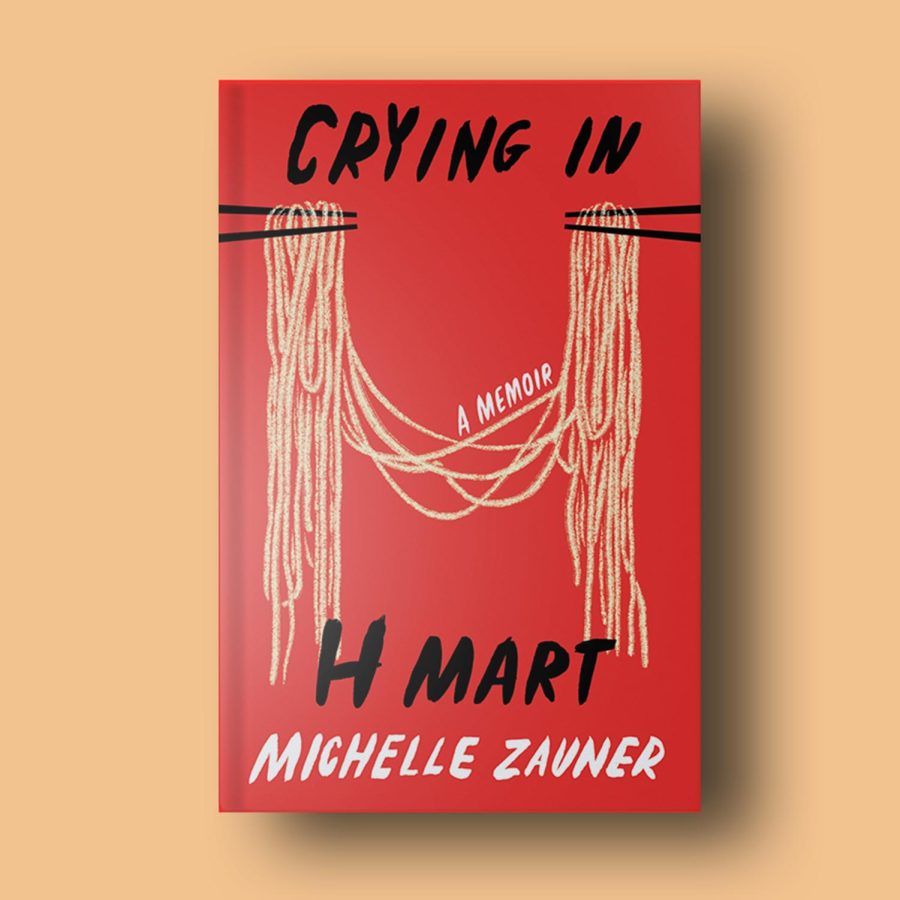
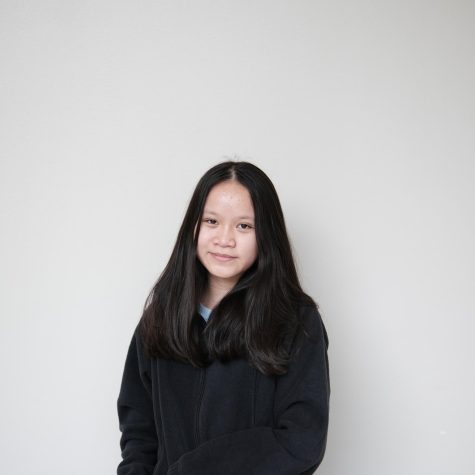
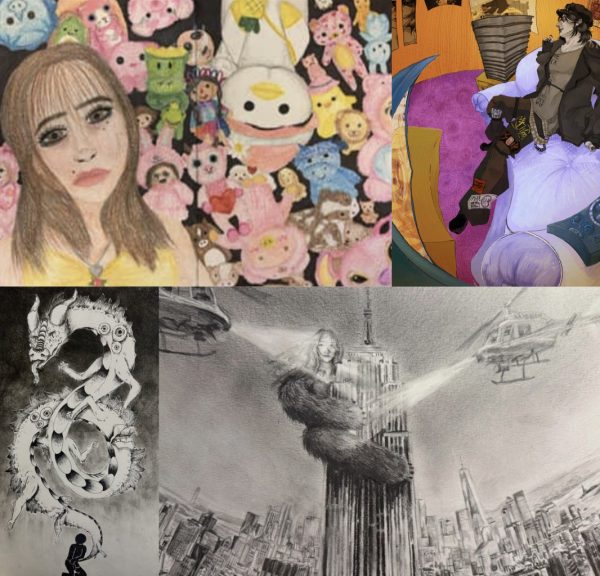
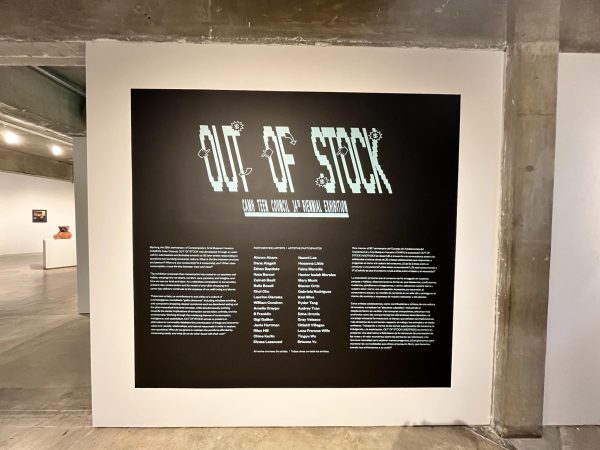

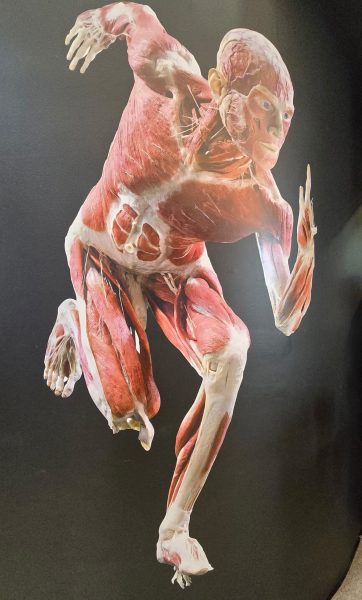

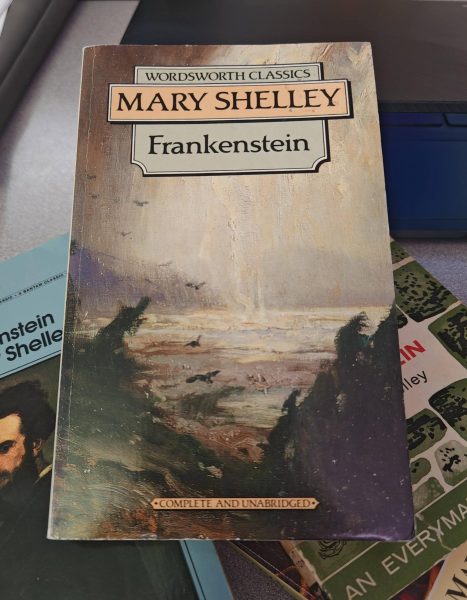

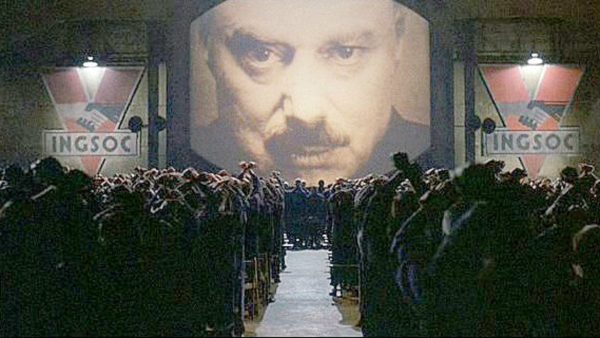
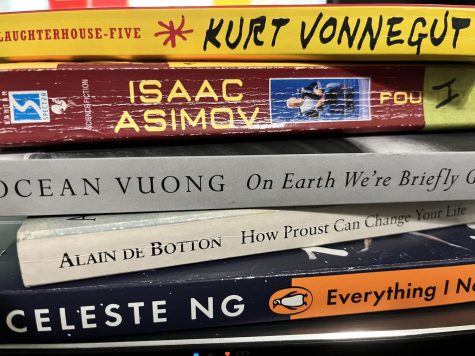
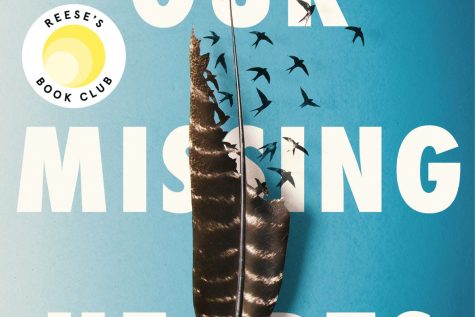
Caitlin Liman • Nov 10, 2021 at 12:03 am
You have such a way with words, Hilary! Having read this book as well, I loved hearing another (highly qualified) person’s perspective and hearing your connections to Zauner’s experience… fantastic job 😀
Jahrel Noble • Nov 9, 2021 at 2:19 pm
The way you write about the book is so interesting and it makes me want to read it to have a similar experience. I can tell from your writing that you are very passionate about this book, and I love that!